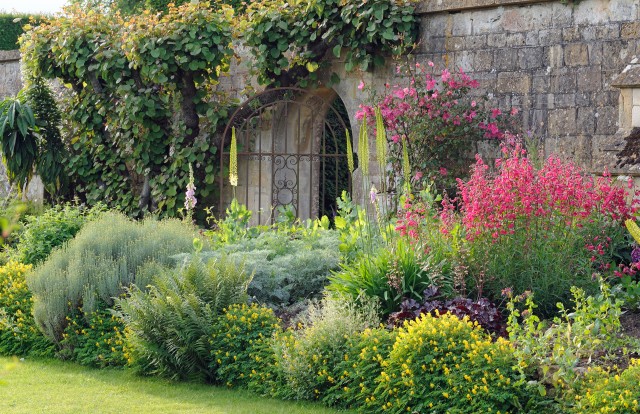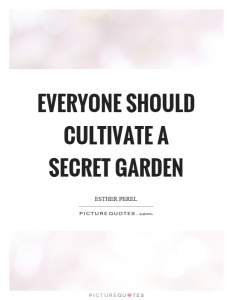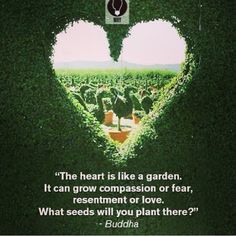
Cultivate your inner garden.
Maybe you’re wondering what the heck that means.
I know ever since I was given that directive on a recent retreat in Ruidoso, NM, I’ve been walking around with the phrase in my head. Thanks to our very spiritual and wise retreat director, Sr. Margarita, who just happens to have indigenous grandparents and a real connection to nature.
Our first night there she had us all sitting in silence in the middle of a green meadow surrounded by lovely green trees (that in itself was a gift for someone like me who’s been missing greenery since I arrived in El Paso).
“Listen to nature welcoming us,” she said as we settled into our plastic lawn chairs.
Sure enough, within moments, trees swayed in unison, leaves rustled, crows cawed. Even the setting sun slowly lit up clouds drifting overhead.
I felt at home.
Not because the place reminded me of Virginia. Although it did. But because I realized, in that moment, that I am always home.
That was just the beginning. The gifts kept coming.
And Sr. Margarita, with her awareness of the presence of Spirit in everything, helped foster that awareness in me.
She seemed to love using metaphors. Something I also love as a writer.
The most powerful metaphor was that of a garden – a place where resurrection happens. (Think of a seed falling to the ground. Or Jesus falling to the ground at Gethsemane.)
A place, she said, that we need to cultivate. A place that represents our inner selves.
She told us how, like Mary in the children’s story, The Secret Garden, we have to go into the attic – or the basement – and take the risk of delving into our dark, mysterious selves, in order to find the key to our secret garden.
I don’t have any problem with that idea. I’ve been to some pretty dark places in myself. But the idea of cultivating and discovering a “secret garden” intrigued me.
So, one afternoon I stepped into the middle of this huge garden at the retreat center, hoping I’d get some insight. I sat in the sun taking in the scent and beauty of red and peach roses — a childhood favorite.
All of a sudden I noticed them.
First one weed. Then another. Pretty soon I was completely focused on those weeds.
The thing is, they weren’t even that large. Or tall. Or overgrown. They seemed so miniscule standing beside the expansive rose bushes that only minutes ago had captured my attention.
But I just couldn’t leave those weeds alone.
Before I realized it, I’d grabbed hold of one and plucked it out of the ground. It lay there limp and lifeless, the sun beaming down on it.
And then it came to me. How that sun is always present. How it warms both the roses and the weeds. How it doesn’t judge whether one is more worthy than the other. It simply shines. And nurtures. And warms and loves everything.
What about me? Can I do the same for myself? Can I let go of focusing on the weeds?
Allow my inner garden to flourish? And accept and love the whole beautiful mess that is me?
Maybe that’s the real secret to gardening.


Hmm, yes, your lovely reflections do rekindle all sorts of thoughts for me, Pauline. As a confirmed “1” on the Enneagram, I have always been acutely aware of the imperfections of the world, frequently being unable to enjoy much of the beauty of the garden because of the presence of the weeds. I would resolutely, often angrily, set about to remove every possible weed, often not permitting myself (or others) to enjoy the beauty that was already there. The perfection that I was demanding was not only impossible to achieve in this mortal realm, but robbed me of the opportunity to see the stunning flowers growing along with the weeds. The most gorgeous rose has thorns along its stem, does it not? Indeed, it seems the development of the rose may not even be possible without the presence of the thorns. And so I have come to see – incompletely, haltingly – that the real definition of perfection is not the impatient elimination of imperfection, but the gentle acceptance and integration of all of it. Who are we to demand happiness without sorrow, ability without disability, beauty without disfigurement? Perhaps our task is not to try to uproot and destroy such apparent ugliness, but rather to expand our fields of vision – and our definitions of beauty – to include it all.
Love,
Rob
LikeLiked by 1 person
Thank you Pauline for such a lovely invitation to enjoy, allow and include.
Love
Maureen M.
LikeLiked by 1 person